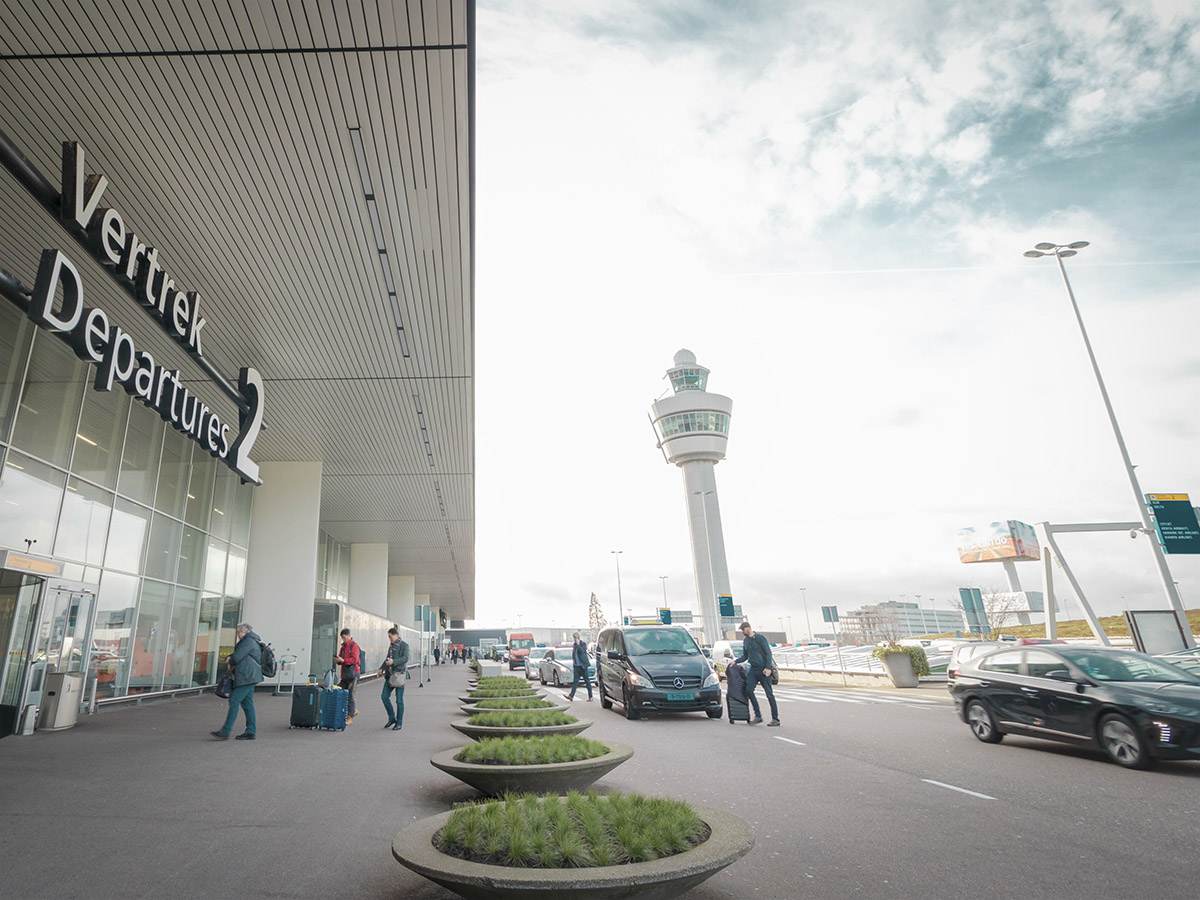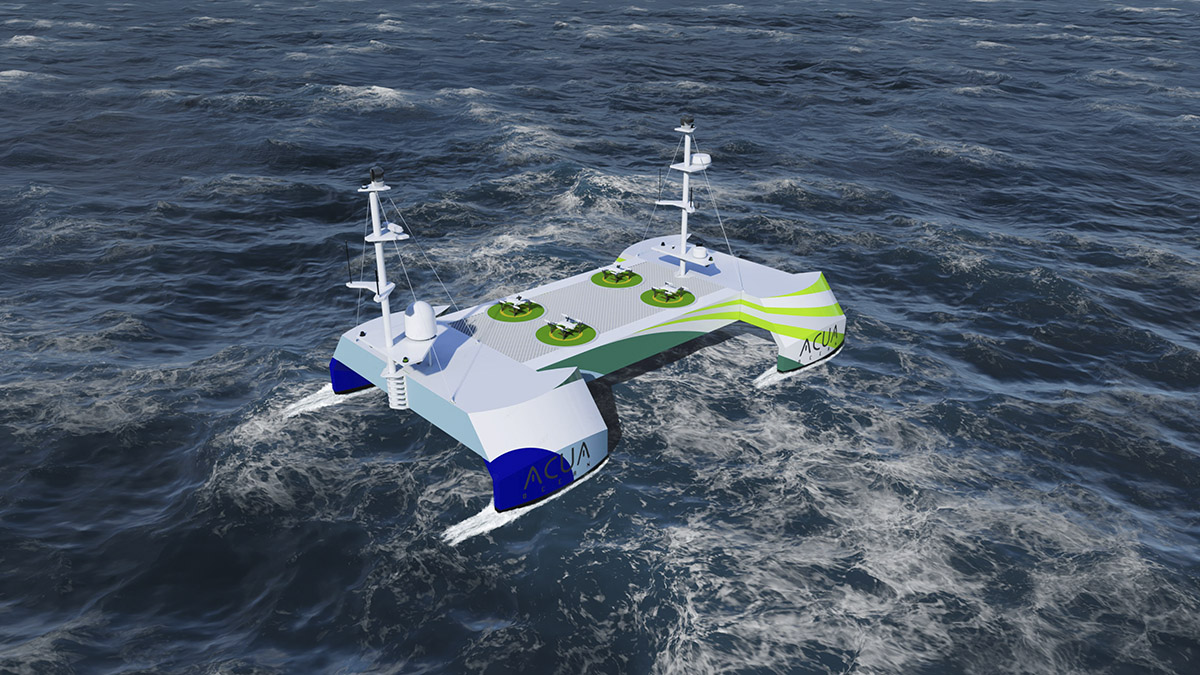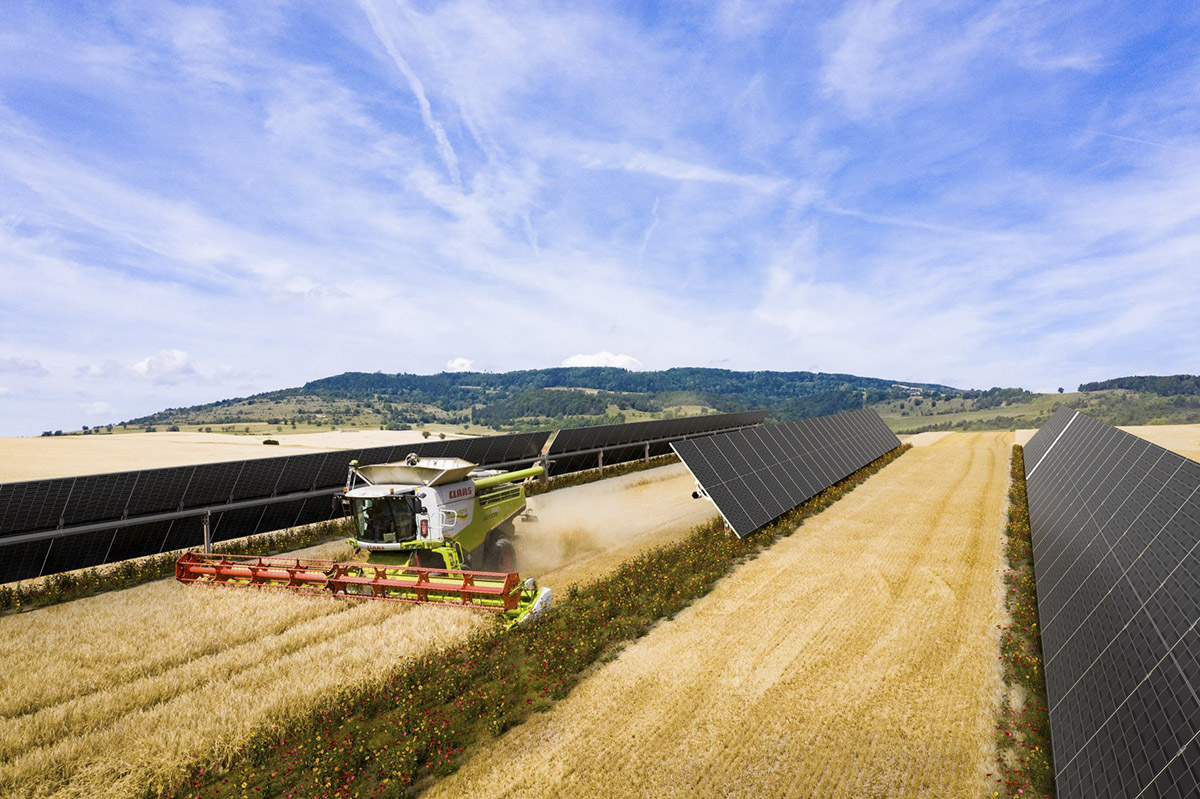Top European airport swaps diesel generators for iron flow batteries
By Jason Deign

Photo: Ben Koorengevel, Unsplash
Mainland Europe’s second-largest airport, Amsterdam Schiphol, is taking a step towards lower-carbon operations by swapping diesel generators for environmentally benign flow batteries. The diesel generators supply electrical power to aircraft on the ground. In the first quarter of 2023, Schiphol will take delivery of the flow batteries to see if they can be used to charge electric ground power units instead.
Unlike the lithium-ion battery systems used in many large-scale energy applications, the Energy Warehouse units being supplied by ESS Inc of the USA have an almost unlimited cycle life and can supply electricity for up to 12 hours before recharging. The flow battery technology also uses commonly found, easily recycled and non-toxic materials in its electrolyte. The main ingredients are ferrous chloride, potassium chloride and water. Each Energy Warehouse unit has up to 600 kWh of capacity and comes in a 12-metre, 38-tonne container.
“We hope that the partnership with ESS enables Schiphol to advance our electrification and decarbonisation strategy,” says Oscar Mann, the airport’s manager of innovation. “If this pilot is successful, this is a double win as it both reduces our carbon footprint and reduces air pollution.”
The pilot will be part of a consortium called TULIPS (derived from ‘DemonsTrating lower pollUting soLutions for sustaInable airPorts acrosS Europe’) that is being financed by the European Union (EU) Horizon 2020 research and innovation fund to facilitate the transition to low-carbon mobility.
Decarbonising aviation
“The consortium aims to speed up the rollout of sustainable technologies in aviation and significantly contribute towards zero emissions and zero waste at the EU’s 300-plus airports by 2030 and climate-neutral aviation by 2050,” says Mann.
Schiphol, which leads the TULIPS consortium, is said to have selected the Energy Warehouse because it has no fire or explosion risk, making it safe to use close to passenger aircraft. The flow batteries are one of several novel technologies being used for long-duration storage, providing large amounts of energy for hours or even days at a time at low cost thanks to the use of cheap, widely available materials.
“The decarbonisation of air travel is crucial, and Schiphol is leading the way,” says Alan Greenshields, ESS’s European director. “We are proud to partner with a leading airport operator to demonstrate and pilot the key role that long-duration energy storage will play in helping to decarbonise airport operations and reduce ground level emissions, improving air quality for airport and airline employees and passengers.”
Subscribe to Our Newsletter
Receive our monthly newsletter by email





